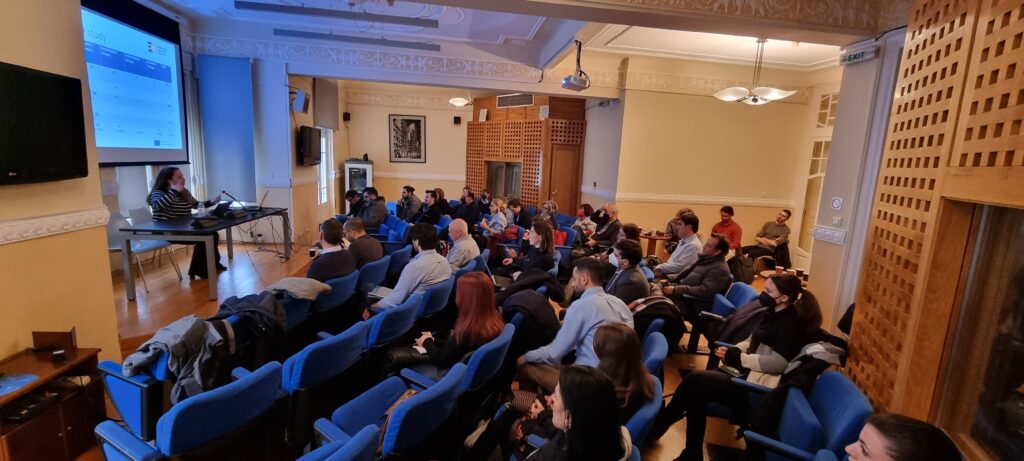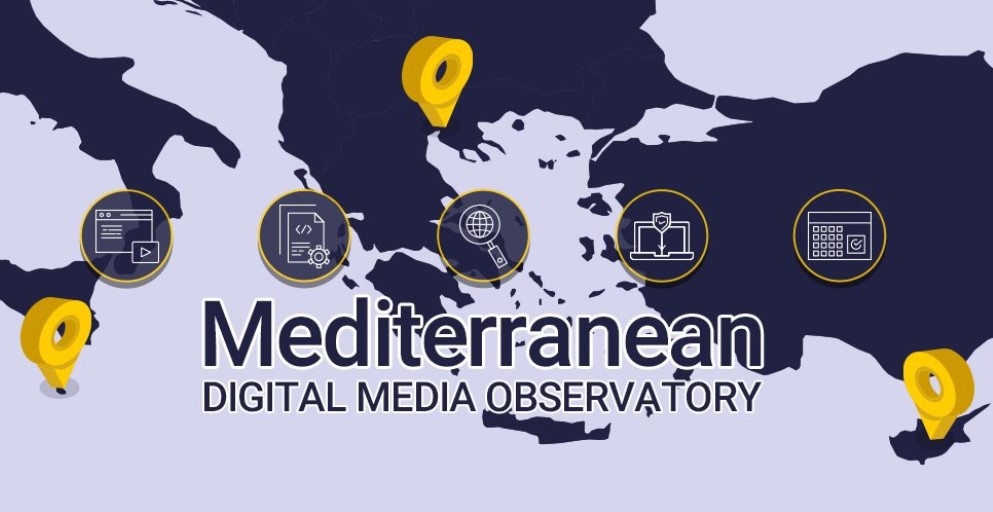Article by Megan Mallia
Researcher at the University of Malta, a partner of the MedDMO project
If there is one word we have been hearing a lot in recent years, it’s ‘misinformation’.
A glance at the news or a casual scroll through social media proves that it is – along with its sinister sister, ‘disinformation’ – on the tip of everyone’s tongues.
Between the COVID-19 pandemic and wars, the past few years have been riddled with crises. And whenever there are crises, there are also those who benefit from spreading false information about them.
This year also happens to be an election year for people the world over, with the equivalent of half the world’s population heading to the polls.
As the EU-funded Mediterranean Digital Media Observatory (MedDMO), one of the regional hubs within the European Digital Media Observatory (EDMO), we are paying particular attention to the European elections taking place in June. (EDMO has, in fact, set up a dedicated European elections task force.)
While we distinguish between misinformation (which lacks the intent to deceive) and disinformation (which is specifically intended to deceive), fake information in all its forms creates confusion and distrust.
Here, we highlight what you should be looking out for and how you can fact-check potential fakes.
False content based on polarising narratives
MedDMO covers Malta, Greece and Cyprus. Besides being geographically alike, the three countries see similar disinformation narratives – ones built around migration, climate change, health and politics – that polarise EU debate.
For example, a claim that foreigners make up the majority of Malta’s population or an out-of-context photo of a Muslim crowd praying in an Athens square fuel anti-immigrant sentiment, bolstering the far-right.
Debunk tip: Always cross-check a claim. If someone claims that someone else said XYZ, type “XYZ” (quotation marks included) in a search engine to search for where and when the exact phrase was used (keep in mind, though, that absence of evidence does not constitute proof as online content can be deleted – which is when web archiving tools can be useful).
With images, run a reverse image search. There are plenty of tools that allow you to do this, including Google Images on desktop and Google Lens on mobile.
You would be surprised what these searches can unearth.
Deepfakes impersonating political figures
Remember when video and audio were practically incontestable? AI has changed that.
We have seen plenty of deepfakes, including one that combines real footage of European Commission President Ursula von der Leyen with AI-generated audio to give the impression that she is promoting an investment scam.
Debunk tip: You can reverse search videos in a similar way to images with the InVID-WeVerify plugin’s ‘Keyframes’ tool. That being said, AI-generated imagery tends to have visual inconsistencies that are easy to spot if you look closely. AI does not do eyes, shadows and reflections well, for instance. See MedDMO’s deepfake guide for a deeper look into this.
Plain old election-focused lies
When we asked our community what they encounter in their day-to-day work, one political scientist said he sees ‘considerable’ disinformation intended to mislead people for political purposes, namely to secure their support or destabilise the political system by influencing their voting behaviour.
The recent case of fake images of Black people supporting Donald Trump is one example. It’s also common for false content to discourage people from voting or confuse them about election dates and processes.
Looking at the scale of misinformation, the picture can look bleak.
So, a final tip: be critical, not cynical. Knowing what to look out for, how to fact-check it, and sharing that knowledge, will go some way towards stopping the spread of false information.
If you come across a claim or instance of misinformation that should be investigated, please contact MedDMO here.
This article was provided by the Mediterranean Digital Media Observatory (MedDMO), a consortium of journalists, media literacy experts and researchers working to counter disinformation in Malta, Greece and Cyprus. It is on Facebook, Instagram, X and LinkedIn, and its website can be found here.





